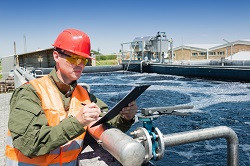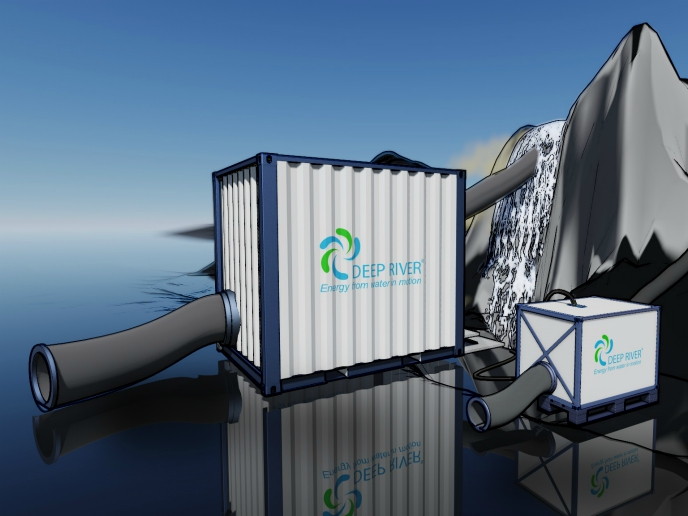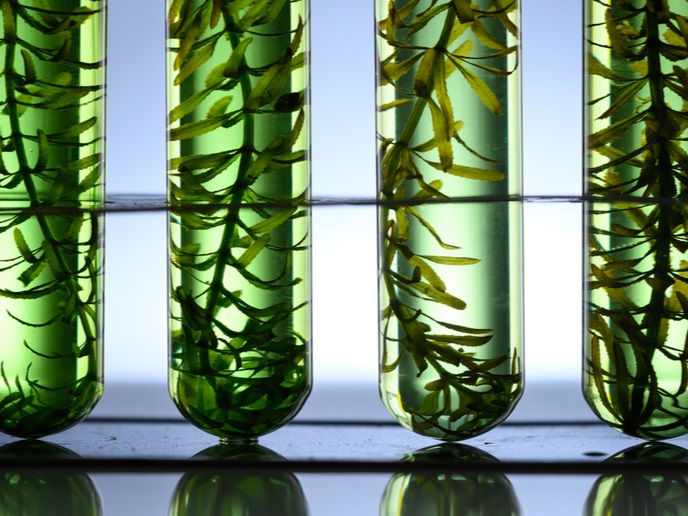Cutting water use in the European chemical industry
In Europe, the chemical and petroleum refining industries account for 11 % of freshwater use. Globally, industry as a whole uses 5 – 10 % of the freshwater resource. As the chemical industry grows, there is a need for more eco-efficient water and waste water solutions. E4WATER, an EU-funded project, is working on creating integrated and energy efficient water management systems. It expects to cut water use in the chemical industry by more than 20 %, to decrease the amount of waste water generated by more than 30 % and cut energy use at the project's six demonstration sites. ‘The demand for eco-efficient water and waste water treatment solutions in the European chemical industry is inextricably linked to the future growth pattern of the chemical industry and to its capacity for innovation,’ explains Thomas Track, E4WATER project coordinator. ‘In a challenging economic environment with growing international competition and resource scarcity, efficient resource management has become a strategic imperative,’ he adds. E4WATER has created a toolbox with technical solutions and integrated concepts to better manage water use. This includes a whole system approach extending beyond the chemical industry to other industries, urban and agricultural water management. The project is developing and testing innovative materials, process technologies and tools - such as membranes, microalgae, pretreatment systems and technology combinations – that boost the recycle and reuse of water. ‘E4WATER will help to decouple the increase in industrial production from the use of water, natural resources and energy. The outcome will make the European water technology industry and European process industries more competitive on a global scale,’ Track says. Water is used in industry for cleaning, heating, cooling, steam, transport, as a solvent, and as part of a larger product. Finding eco-efficient ways to manage water will cut competition for scarce resources between industry, municipal and agricultural use, especially in water-scarce regions like southern Europe. Better water management will also reduce water stress on aquatic ecosystems and cut the release of pollutants and heat into the natural environment. Moreover, by cutting waste water and fostering heat recovery in water systems, E4WATER will also help decrease the demand for energy and raw materials. ‘Our project will reduce the release of pollutants and heat by using alternative water sources such as recycling waste water streams from neighbouring industry and reusing water from cooling towers. At the same time, it uses energy efficient technologies. This will help meet the EU’s environmental goals,’ Track outlines. The project is based on six case studies each representing critical water-management problems across the chemical industry. The sites include Total Petrochemical in France, Procter & Gamble consumer products in the Czech Republic and other places, INOVYN in Spain, Dow Benelux in the Netherlands, INOVYN Manufacturing in Belgium, and Kalundborg Industrial Symbiosis in Denmark. ‘Water plays a crucial role – it is not only the single most important chemical compound for human survival, but also it is a vital element in process industries, the manufacturing process and in the development of the bio-based economy. Water is also essential in the development of a circular economy,’ Track says.
Keywords
E4WATER, water, eco-efficient, energy efficient, petroleum, chemical industry, waste water, refining







